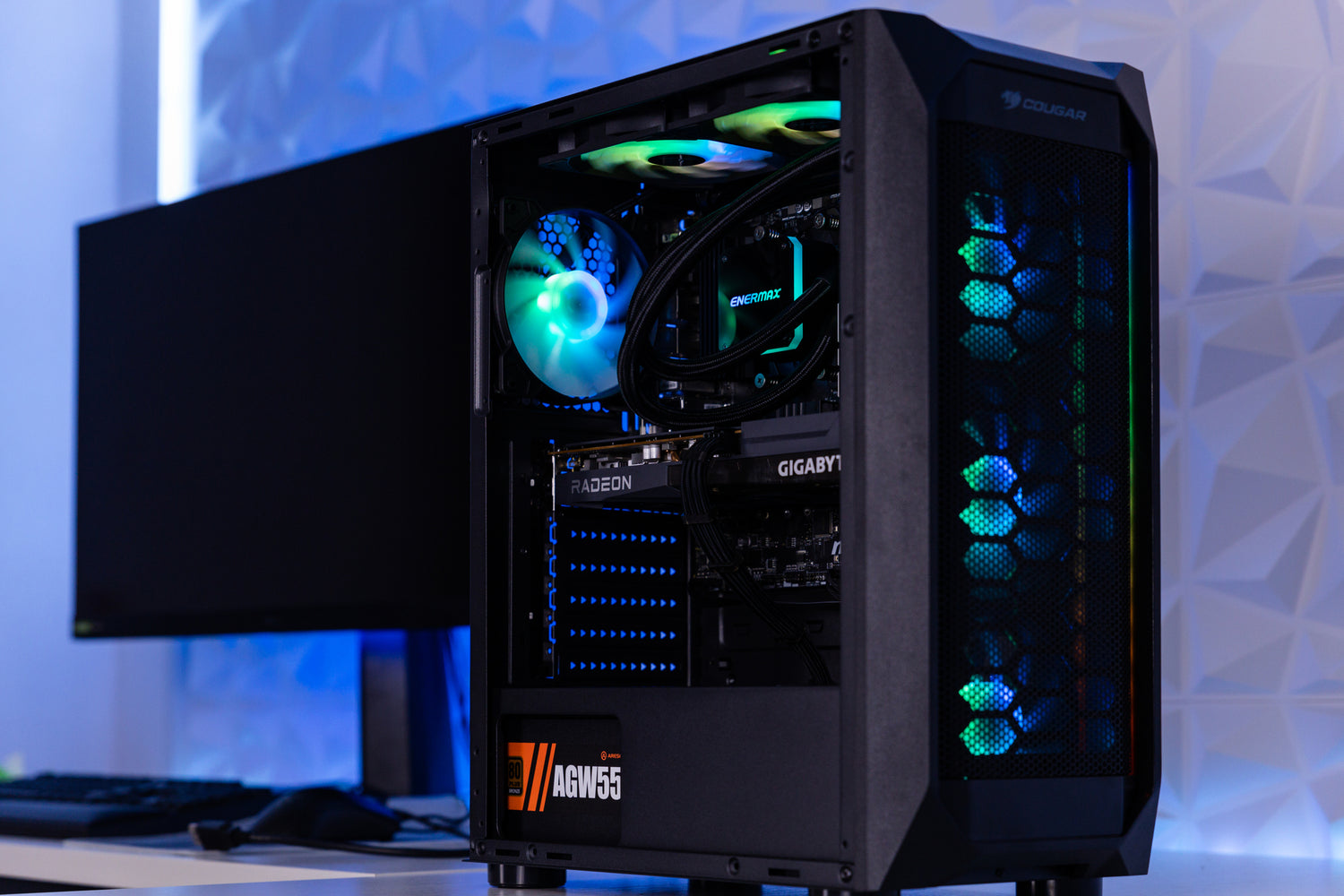
Why Is My Gaming PC Blue Screening During Games?
If you're an avid gamer, you've probably experienced the frustration of your gaming PC suddenly crashing and displaying a blue screen of death (BSOD) during intense gameplay. This unexpected interruption can be both annoying and worrisome.
In this blog post, we will explore ten possible reasons why your gaming PC may be blue screening during games and provide you with practical solutions to resolve these issues. So, let's dive in and get your gaming experience back on track!
Why Is My Gaming PC Blue Screening During Games?
1 - Insufficient Power Supply
One common reason for blue screens during gameplay is an inadequate power supply. Ensure that your PC has a power supply unit (PSU) with sufficient wattage to support your gaming hardware. Upgrading to a higher-wattage PSU can resolve this issue.
2 - Overheating Components
Overheating components can cause your gaming PC to crash. Check that your CPU and GPU temperatures are within safe limits. Clean your PC regularly and consider installing additional cooling fans or upgrading your CPU cooler if necessary.
3 - Outdated or Faulty Drivers
Outdated or faulty drivers can lead to compatibility issues and system crashes. Update your graphics card, sound card, and motherboard drivers regularly to ensure optimal performance. Visit the manufacturers' websites for the latest driver updates.
4 - Memory Problems
Faulty or incompatible RAM modules can cause blue screens during gameplay. Run a memory diagnostic tool to check for errors and consider replacing or upgrading your RAM if necessary.
5 - Graphics Card Issues
Your graphics card may be the culprit behind the blue screens. Ensure that your GPU is properly seated in the PCIe slot and has the latest drivers installed. If the problem persists, try reinstalling the graphics card or upgrading to a more powerful one.
6 - Software Conflicts
Conflicts between running processes or incompatible software can lead to crashes. Close unnecessary background applications and ensure that your games and drivers are up to date. Consider running a clean boot to identify any software conflicts.
7 - Overclocking Instability
If you have overclocked your CPU or GPU, instability can cause crashes. Reset your components to their default clock speeds and gradually increase them while stress testing to find a stable configuration.
8 - Malware or Viruses
Malware or viruses can disrupt your gaming experience and cause system crashes. Run a thorough antivirus scan using reliable security software and remove any detected threats.
9 - Insufficient Disk Space
Low disk space can affect system performance and lead to crashes. Ensure that you have enough free space on your hard drive or SSD. Consider upgrading to a larger storage capacity or moving files to an external drive.
10 - Hardware Failure
In some cases, blue screens during gameplay could be a sign of hardware failure. Check for any loose connections or damaged components. If necessary, consult a professional technician to diagnose and repair the faulty hardware.
Experiencing blue screens on your gaming PC during gameplay can be frustrating, but with the right troubleshooting steps, you can overcome these issues.
By addressing power supply, cooling, driver, memory, graphics card, software, overclocking, security, disk space, and hardware concerns, you can significantly reduce the occurrence of blue screens. Remember to keep your gaming PC updated, clean, and well-maintained to ensure smooth and uninterrupted gaming sessions. Happy gaming!
